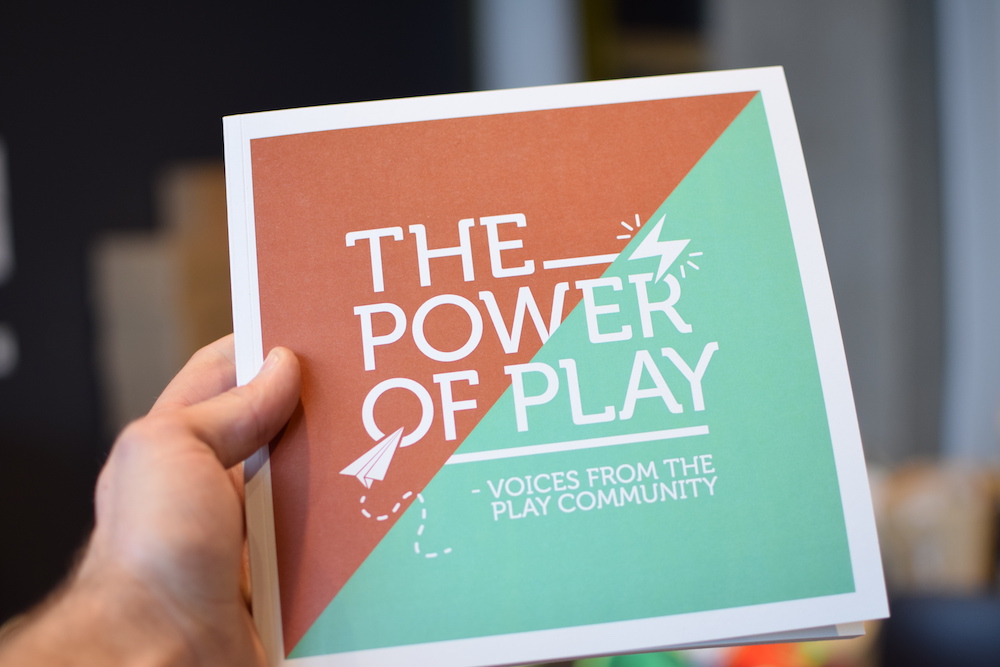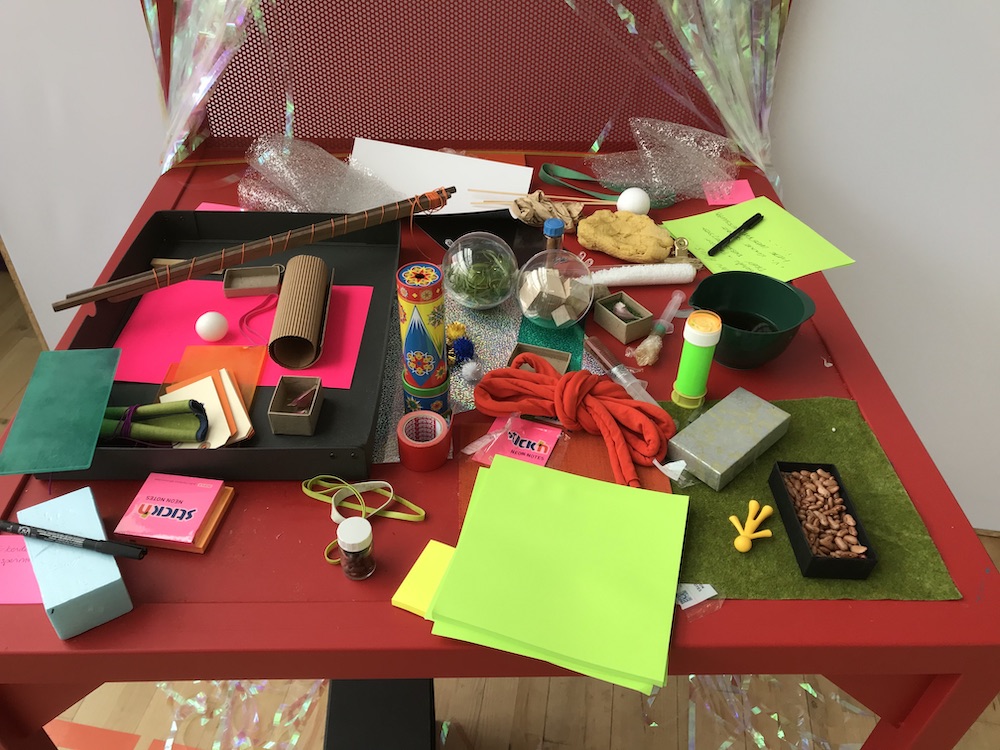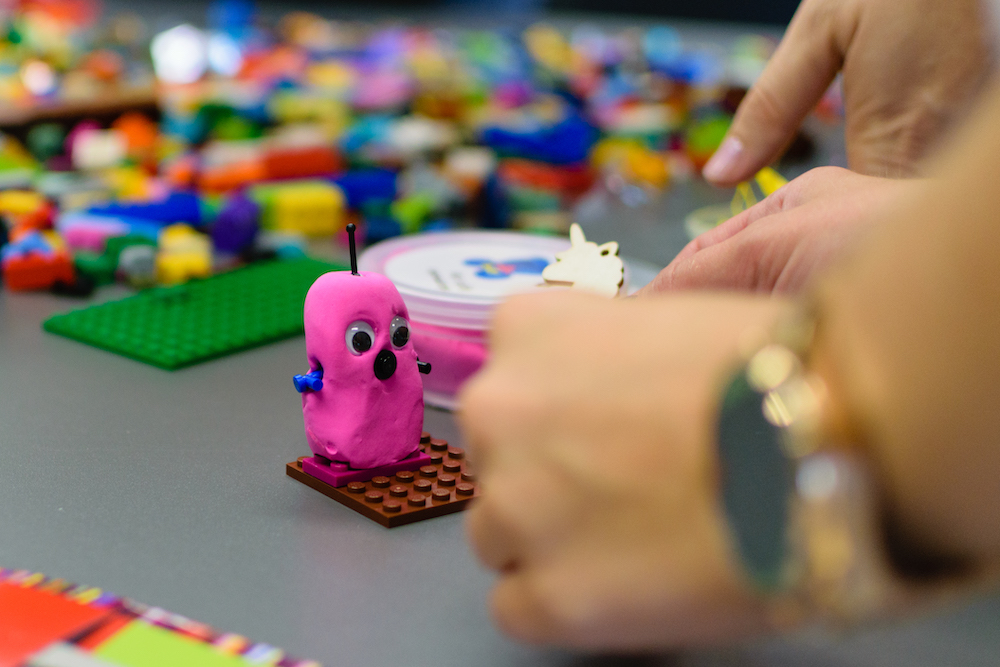Each month we will introduce a PLA member through 5 photos telling their Playful Learning journey. This month, we introduce you to…
Mathias Poulsen: After years of futile search for a meaningful job title, Mathias decided to embrace his inner activist, labelling himself as a play activist (making up titles was a clear advantage of being self-employed). He believes that we, the people of the play community, can change the world for the better by improving the conditions for play to thrive everywhere. He works at Design for Play, Design School Kolding, and has founded the play festival CounterPlay and the Danish Play Think Tank.

This is where my play journey started. Or a little over a year earlier, of course. When I look at this photo, a few things come to mind:
1: Dogs are great. I want a dog again.
2: My memories of childhood are a blurry, fortunate mess of school, video games and randomly roaming the countryside with my friends.
3: Childhood may be where play begins, but it is certainly not where it ends – or it shouldn’t be, at least. I don’t think play is so much about preparing us for life or adulthood or anything, really, but rather that play simply is life, right here, right now. If play does prepare us for something, it’s to become better players who lead more playful lives.

While a simple high-five may not exactly be the most playful thing you can think of, sometimes, that’s everything you need to retain the connection to your playful self. This photo is from one of the harder situations I have experienced, yet what stands out is our desire to approach the challenges playfully.
Play can’t, shouldn’t, be limited to the easier periods of life when everything is “smooth sailing”, and play is not escapism from hardships either. On the contrary, it roots us, reminds us to be present and insists that there is hope and joy to be found – always. This is also why I think of play more as an approach to (all of) life than concrete activities.

When I founded the CounterPlay festival, I knew that it could only ever be sustained if I managed to cultivate a play community around the festival. In fact, the community itself would probably be the most valuable outcome I could hope for. To achieve this, or to achieve anything meaningful, really, I was and is convinced that trust is essential: trust in people and trust in play.
I have tried to live up to this over the years, failing many times in the process, yet every single event at every festival represents to me the trust we have in each other and in play. The book we made a few years back, “The Power of Play: Voices from the Play Community”, is probably the most tangible piece of evidence, because it grew out of a mutual trust that if we all made an effort, something meaningful would emerge (you can download it here: http://counterplay.org/files/PowerOfPlay_CounterPlay.pdf)

Play is quite often about touching the world around us – and each other, both in a literal and metaphorical sense. If play is a way of making sense of the world in which we live, we do so through our senses and through exploring the physical context and materials available. This shifts our focus from our heads and cognition to our hands and bodies, which seems to allow a more immediate experience and a deeper presence.
I’ve been conducting several workshops recently to explore how the matter of tactility influence play experiences, and what happens when we allow the flow of our hands through different materials to guide the experience. One thing I can say is that we almost always end places we probably wouldn’t have arrived at through thinking and talking alone.

I tend to assume that play is at least somewhat important for all of us and I mostly move in circles where this assumption is more or less implicitly agreed upon. I have made an effort to cultivate such communities and I cherish being part of them, but it also makes it easy to forget that many people remain skeptical of the value of play, at least outside of development and learning for children.
This photo is from a workshop in a project that was decidedly not about play, and where play was not immediately deemed relevant or even legitimate. In fact, I was a little intimidated to ask the participants to build a scenario out of my random selection of materials. Luckily, in this and so many similar situations, people often end up embracing their playfulness, setting it free and exploring all the new, creative possibilities that is afforded by play. That is where I wish to go more often: to the places where play is less welcome.
—
Thanks for sharing your story and your photos Mathias.
If you are unlucky, you might be selected as next month’s sacrifice chosen member – we will be in touch!

